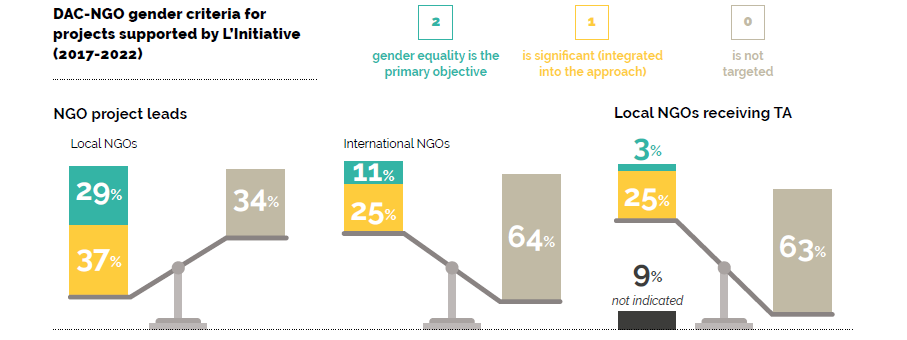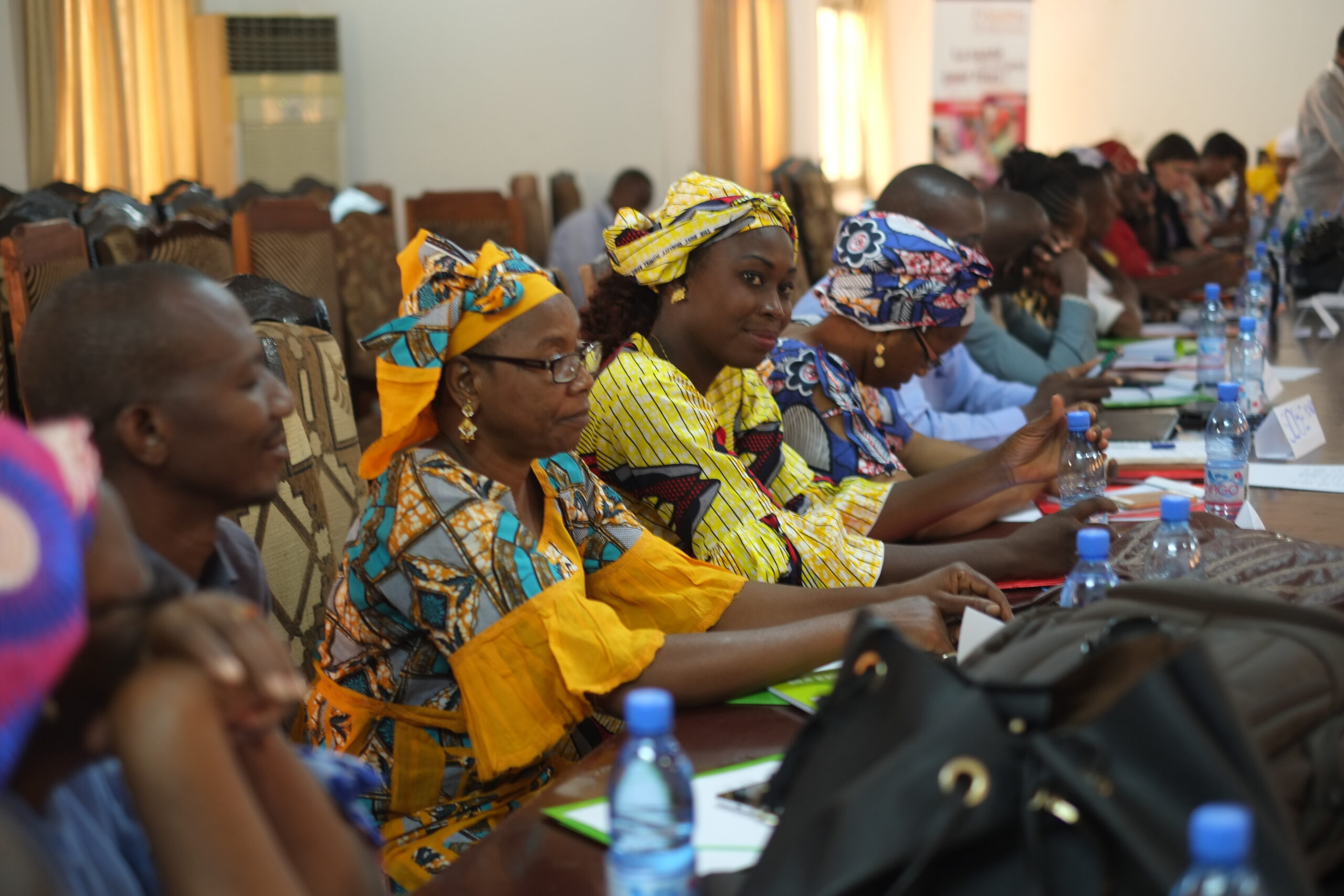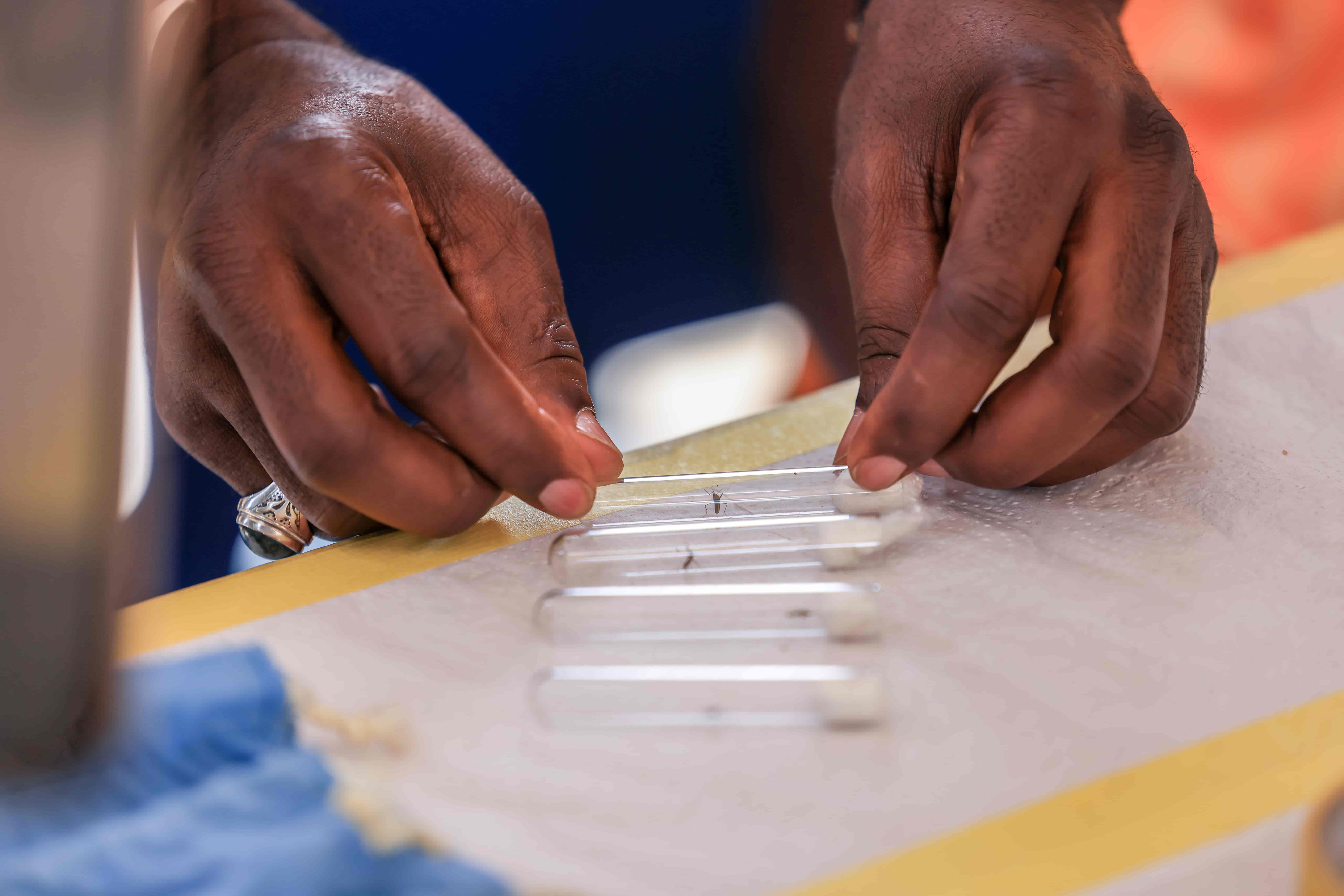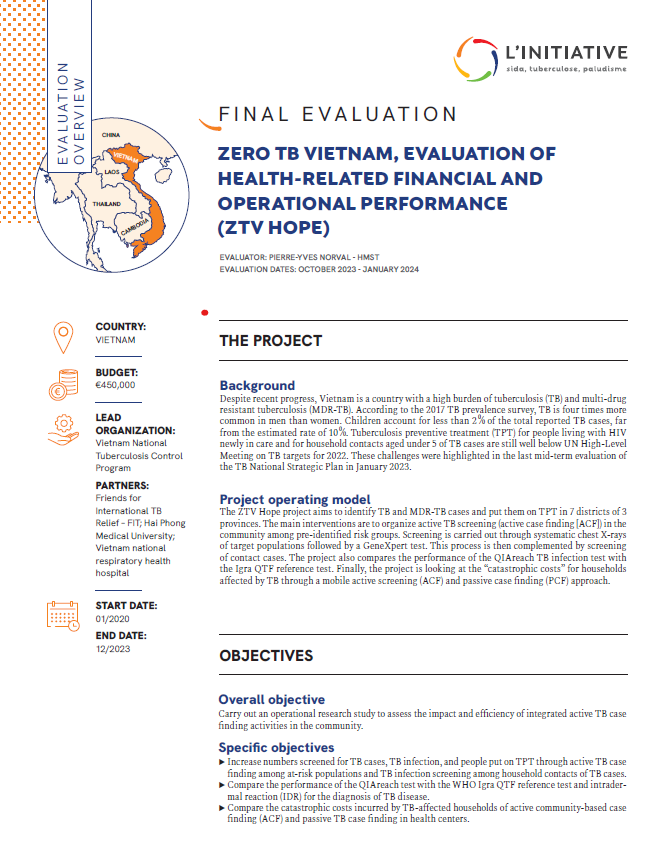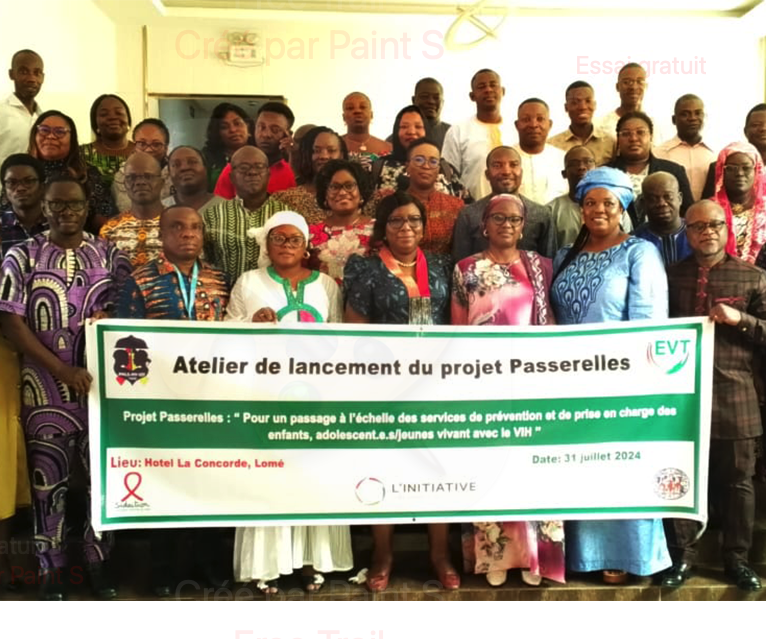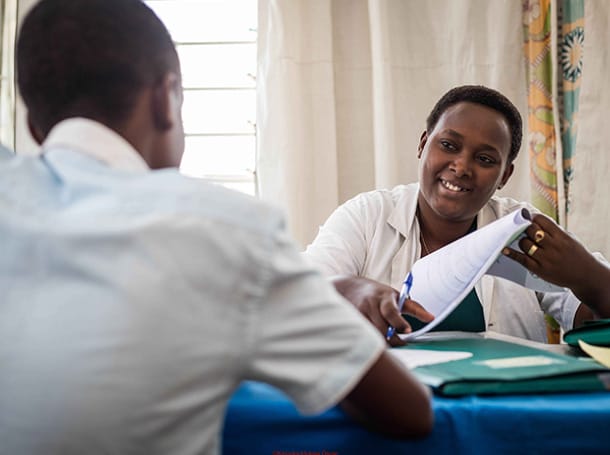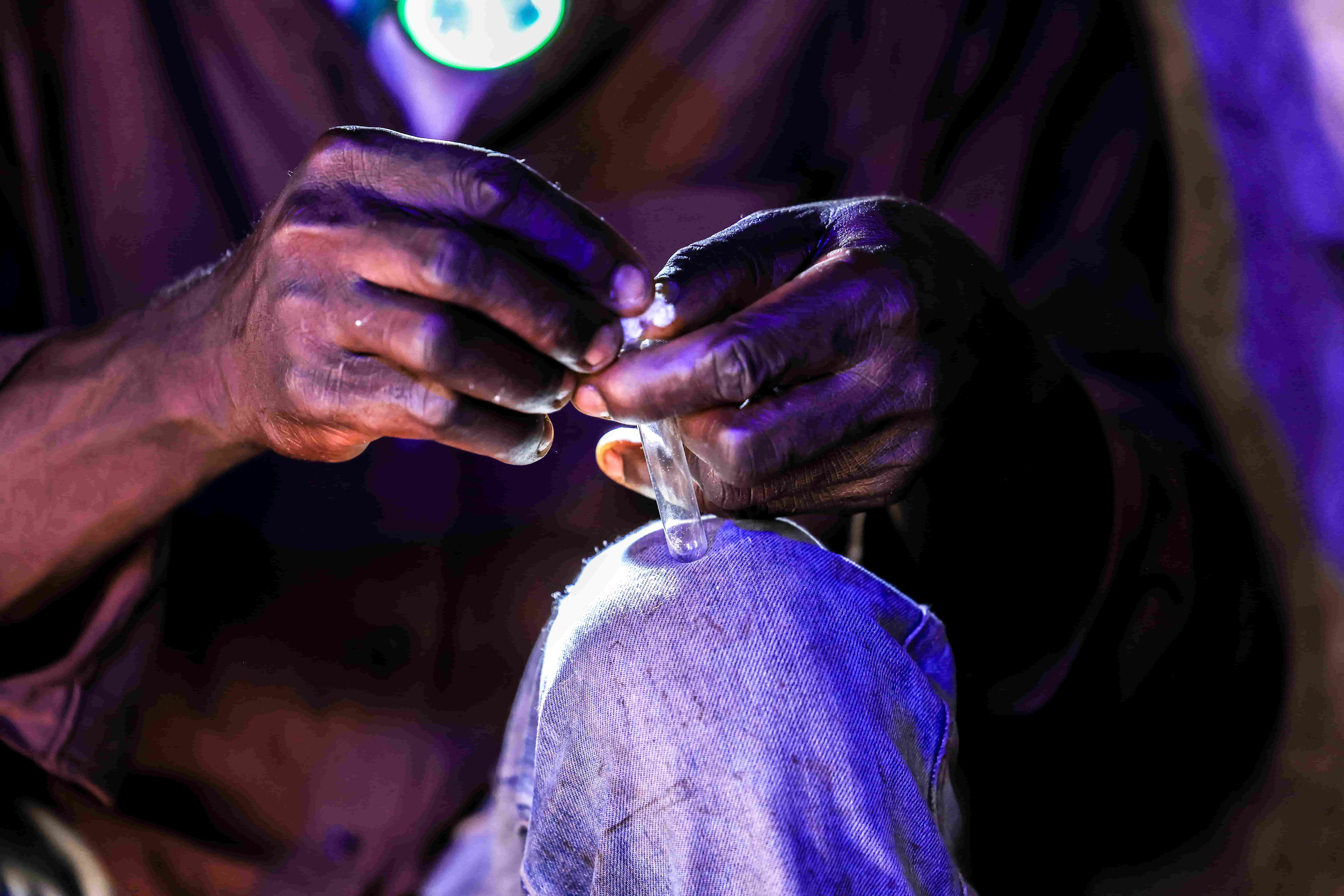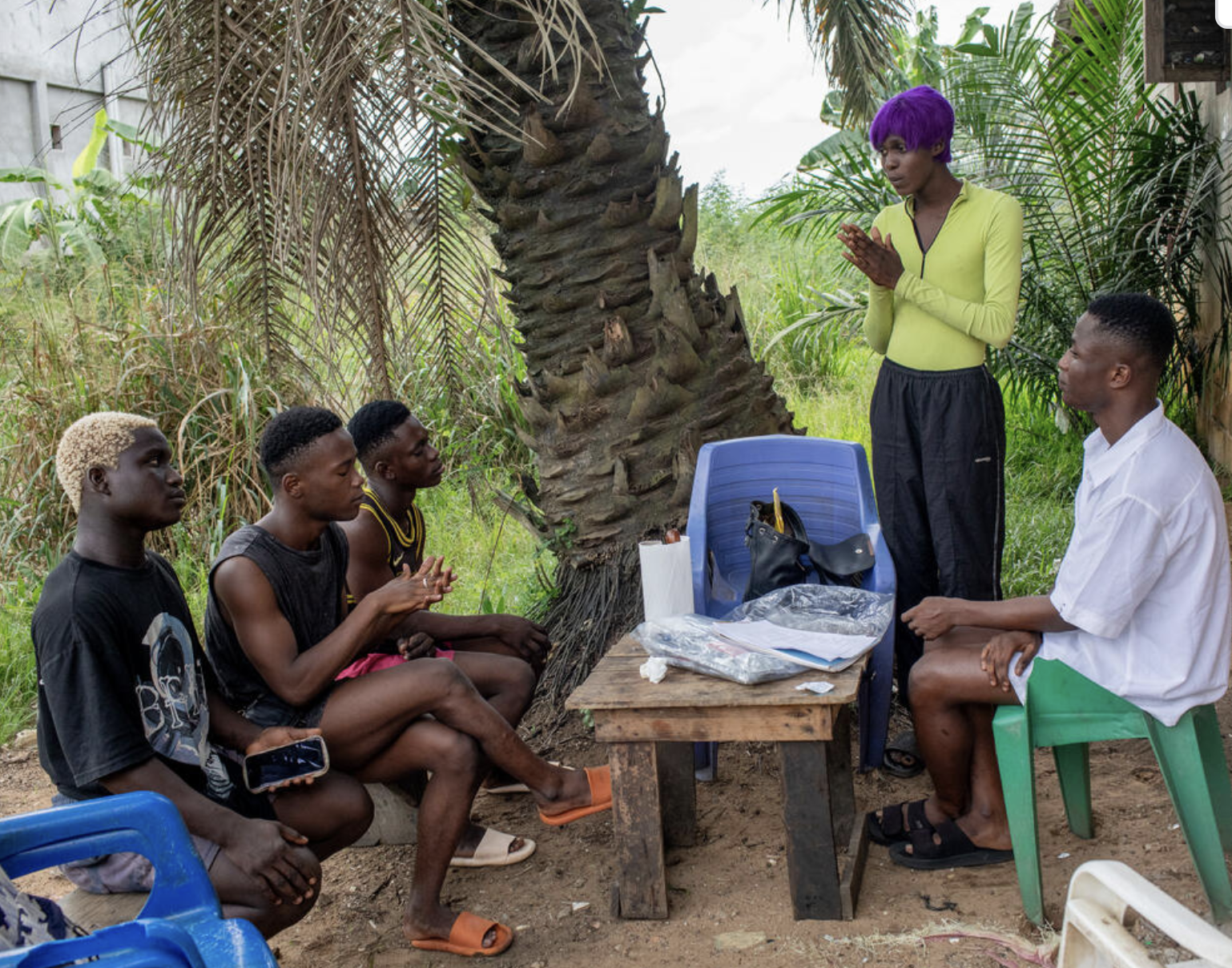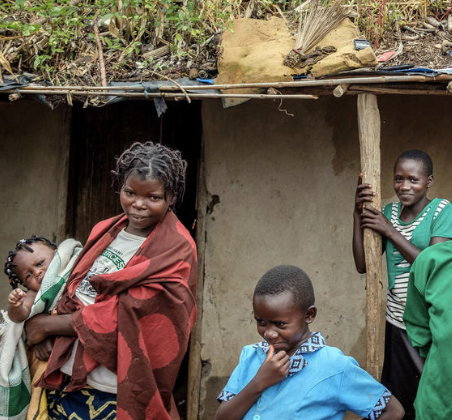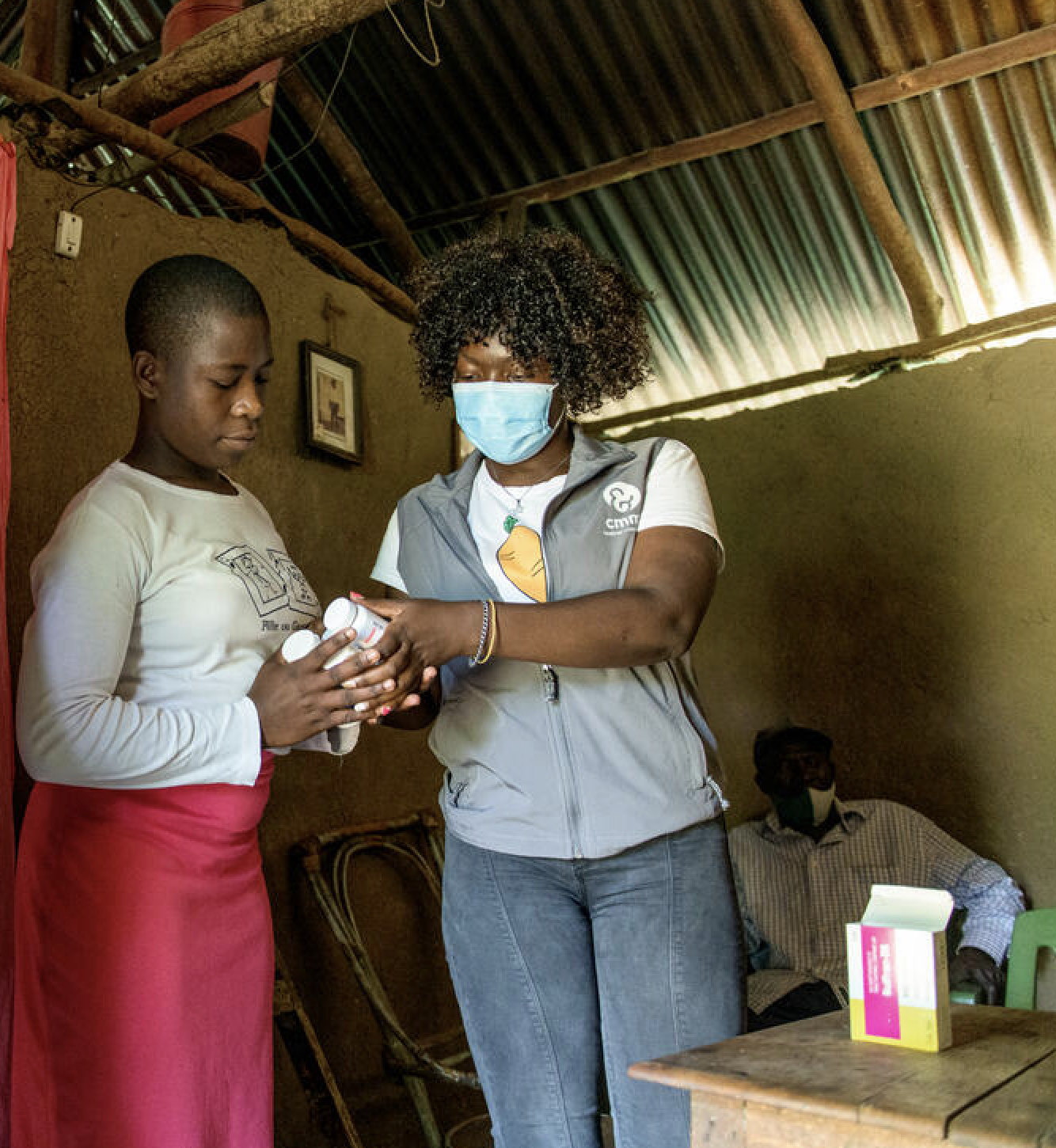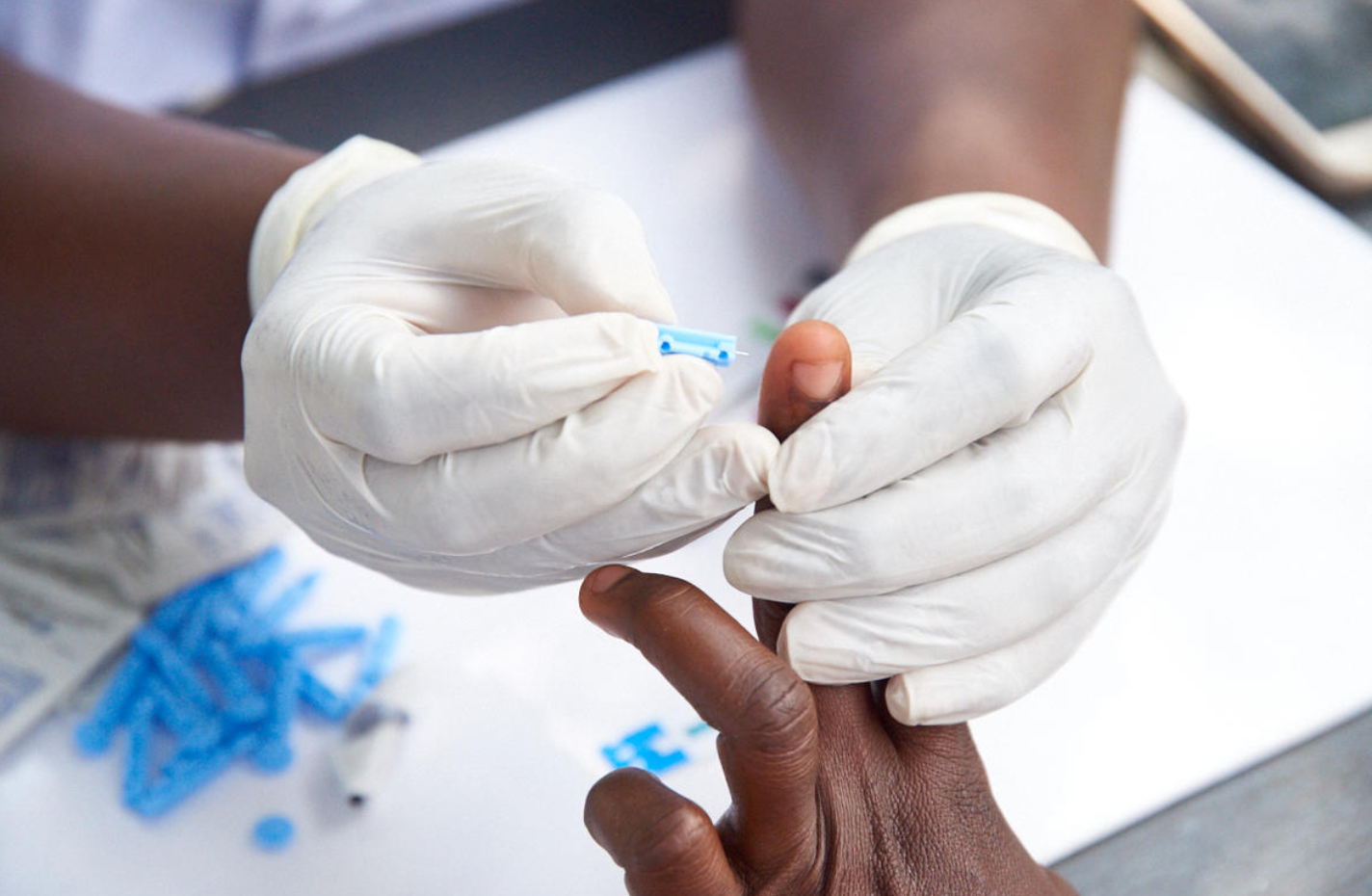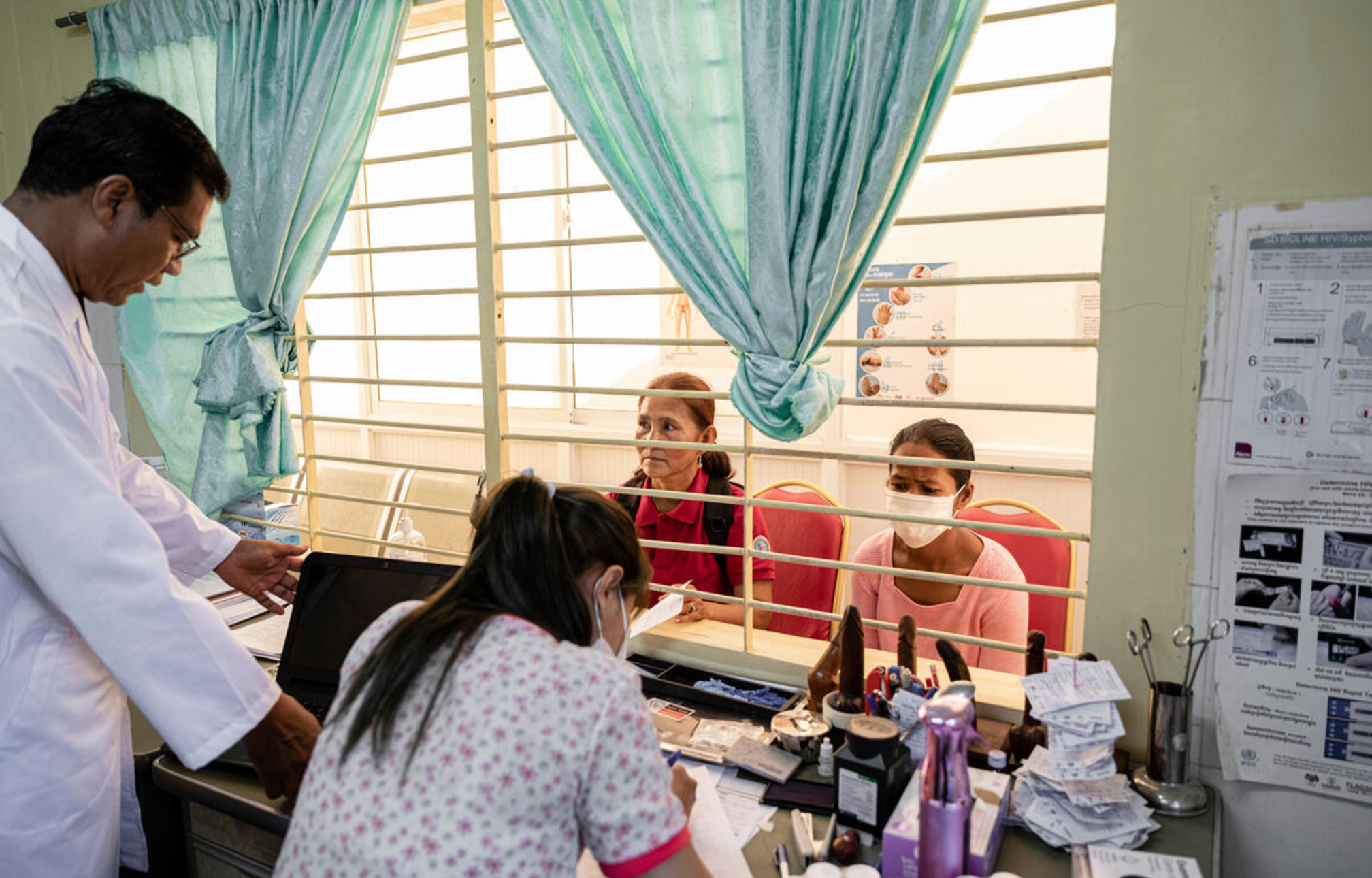L’Initiative support to NGOs 2017-2022
Civil society organizations (CSOs), particularly NGOs and the community network, are at the forefront of the fight against the three pandemics (HIV, tuberculosis, malaria) by responding quickly and effectively to the needs of the populations most exposed to them. Today, they continue to play an essential role in ensuring access to health services for vulnerable and marginalized populations.
NGOs not only set up prevention, screening and even care services, but they also carry to the Global Fund the voice of the populations and countries that have integrated an advocacy, or human rights defense, component in order to improve access to care and an adapted offer.
These NGOs create social, health, and political environments conducive to improving health, and respecting rights.
Since its creation, L’ Initiative has supported NGOs through support for catalytic projects and the provision of technical assistance missions to the countries.
The “Key L’Initiative data” series has a dual purpose of providing a precise and concise overview of an intervention topic and offering the opportunity to review the specifics of the program’s actions.
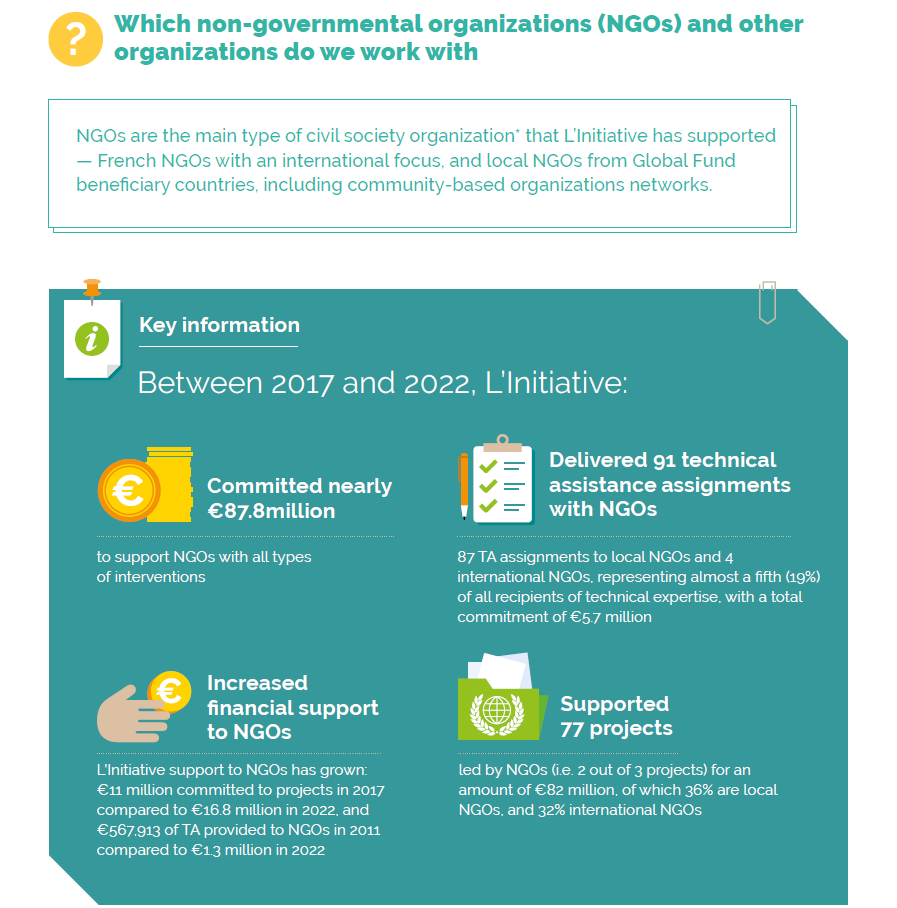
* Civil society organizations include NGOs and other types of organizations, foundations and non-profit companies, private research institutes and syndicates. This definition relates to that adopted by Expertise France in the context of its accountability work
NGOs: primary recipients of L’Initiative project funding
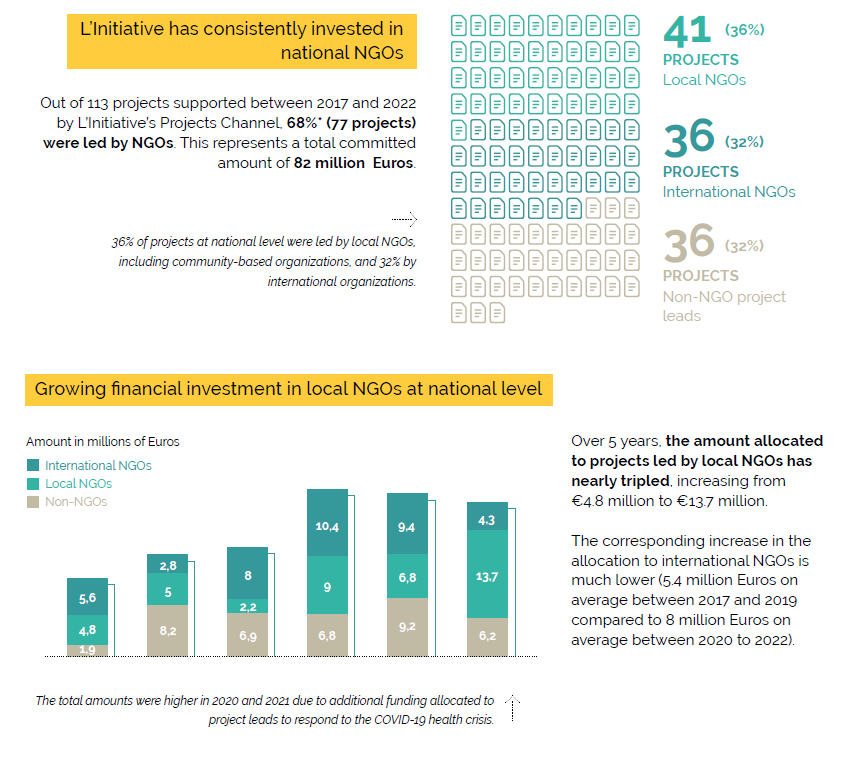
* The 32% of non-NGO leads are ministry purchasing agencies, universities and research institutes
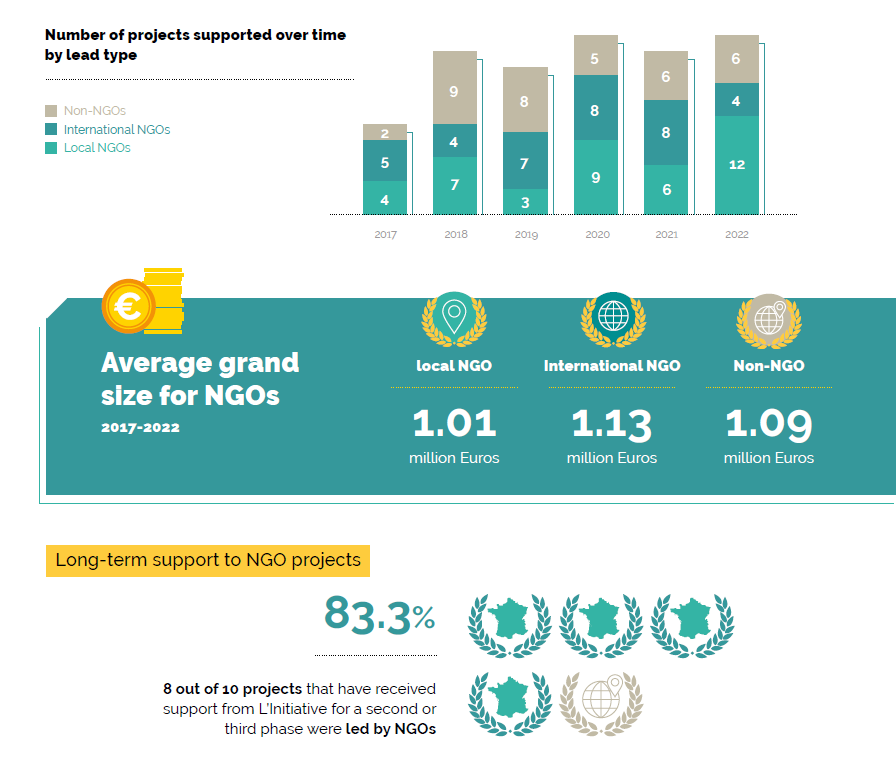
Concentrated investment in projects to combat HIV/AIDS and HSS
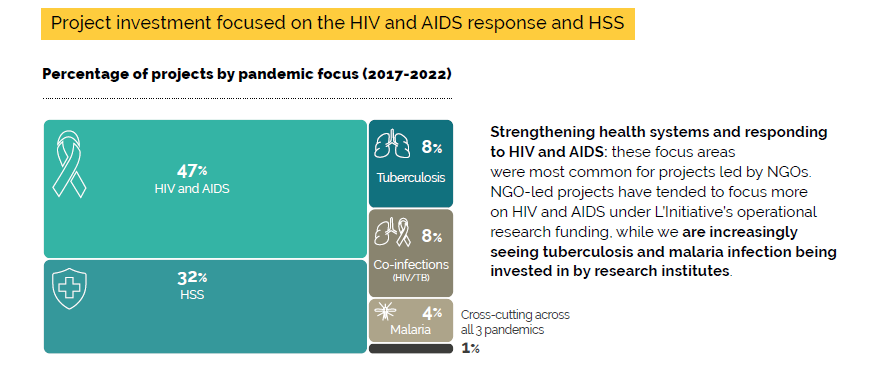
NGO support focused on West and Central Africa
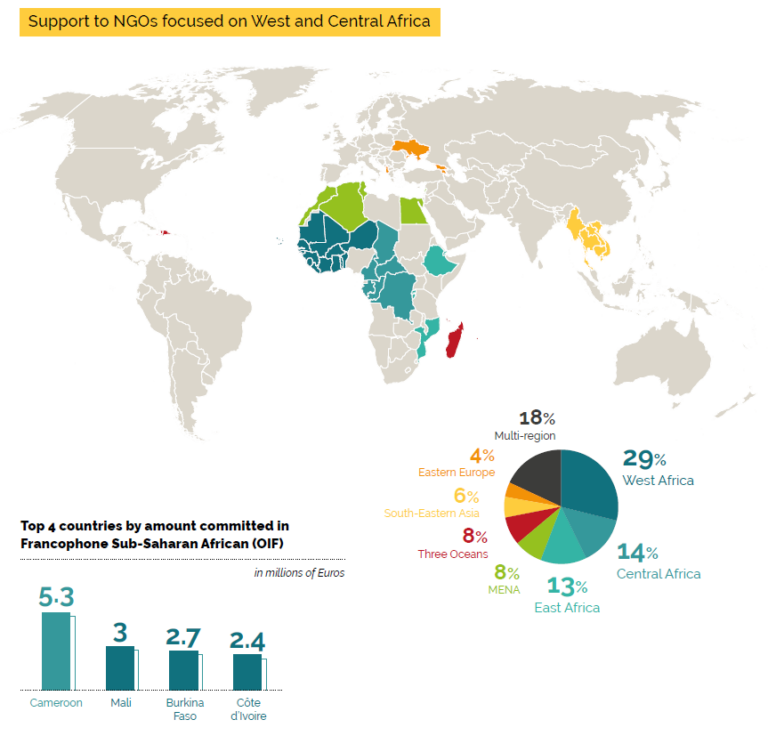
Increasing technical support for NGO capacity strengthening at country level
Technical support provided by the L’Initiative to local NGOs
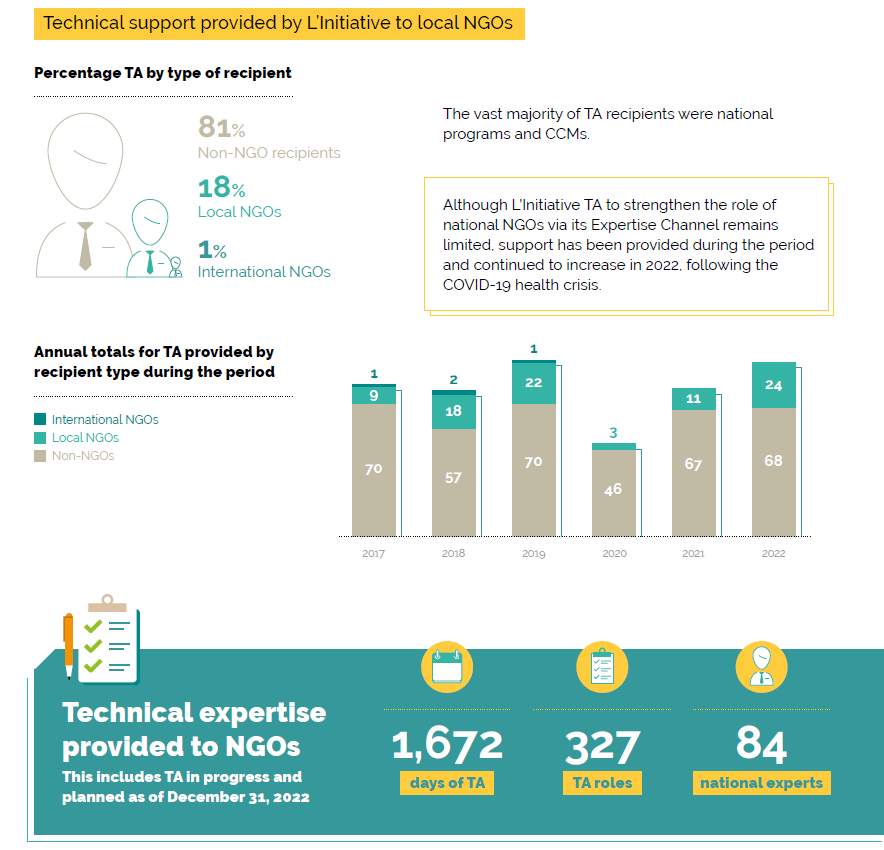
Appropriate and growing financial investment by TAs for NGOs
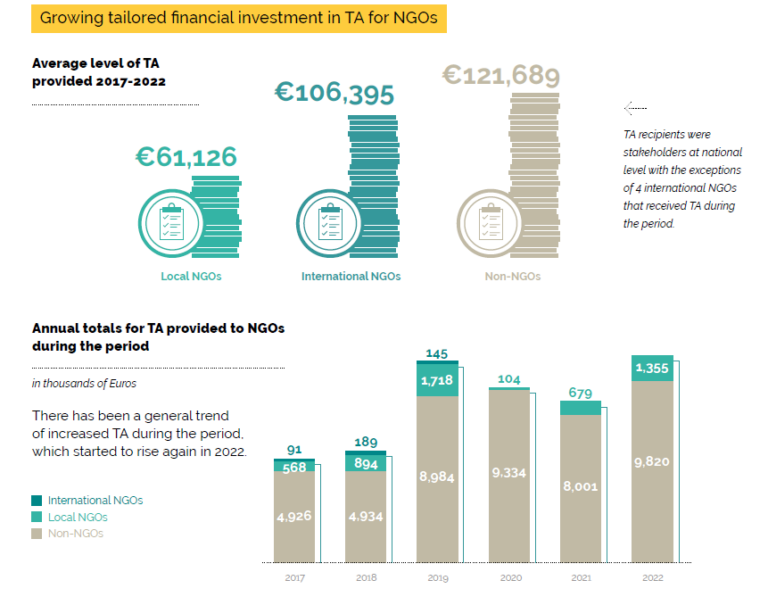
Strengthen the capacities of NGOs at all levels and respond to a variety of capacity-building needs
Through its technical assistance missions, the L’Initiative provides support to NGOs, whatever their status. This support is provided both to strengthen the skills and capacities of recipient NGOs, and in particular Global Fund sub-recipient NGOs (55% of NGOs supported by a TA mission), and to non-recipient NGOs (45%), to reinforce their governance capacities and enable them to play an active role in grant implementation.
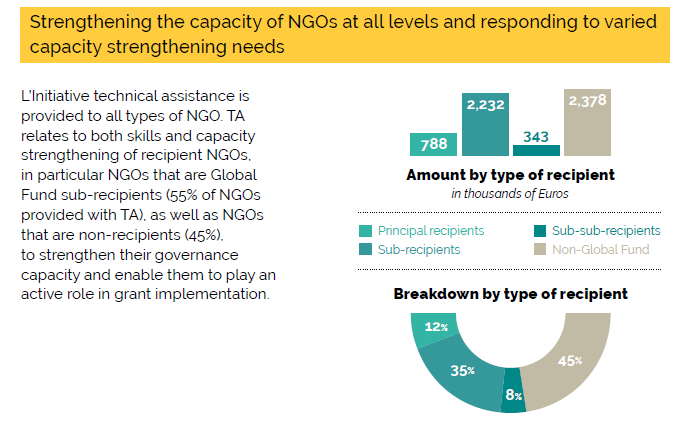
Gender mainstreaming
Gender mainstreaming in projects carried out by NGOs and TAs for the benefit of NGOs
In line with the United Nations Sustainable Development Goals (SDGs), Expertise France’s gender strategy is aligned with achieving SDG 5 “Achieve gender equality and empower all women and girls.” In this respect, L’Initiative applies the Development Assistance Committee (DAC) gender equality policy marker. It is based on a three-point scoring system (0: does not target gender equality/ 1: significant objective/ 2: principal objective).
Over the period, gender mainstreaming in projects led by local NGOs has increased (66% of projects led by a local NGO were rated DAC 1 or 2, while projects led by international NGOs were rated DAC 1 or 2 in 36% of cases). However, only 28% of the technical assignments with local NGOs focused on gender mainstreaming in a significant or focused way.
